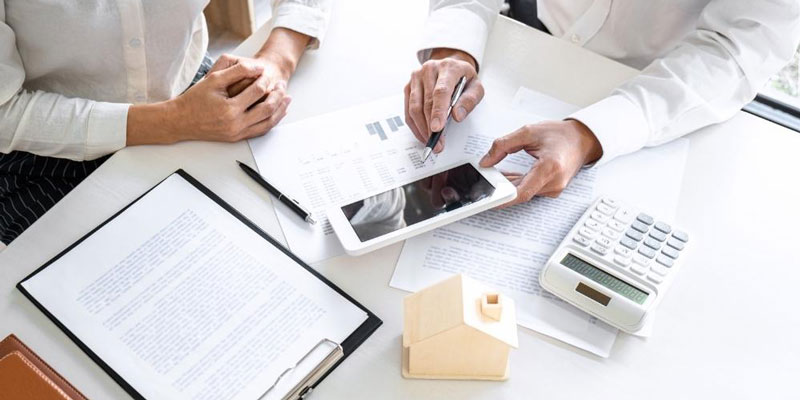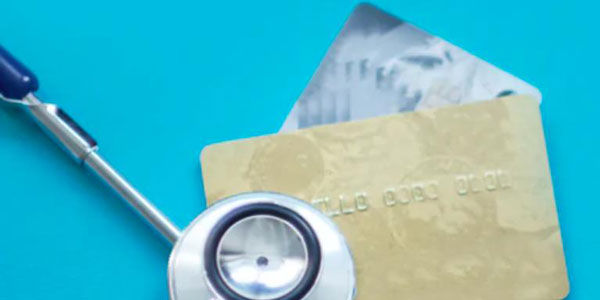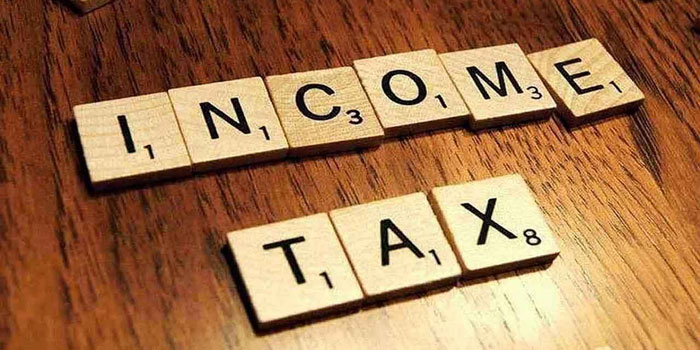Do you have an old check that still has your old address printed? If so, you may wonder if this means the check is unusable. Checks with an old address are common; fortunately, some easy solutions exist.
This blog post'll enclose all the information you necessitate about using checks with an old address. We'll explore whether or not these can be used in certain situations and different ways to update your details while keeping your payment system safe and secure.
So read on to learn more about using checks with an outdated address.
Overview of Checks and Why People Still Use Them
Checks are a form of payment that many people still use, even though there are more convenient ways to pay nowadays. There are many reasons checks remain popular, such as offering tangible proof of payment and accessing funds even when you don’t have cash.
People also like checks because they can be used to send payments from one person or business to another, even if the recipient doesn’t have a bank account.
Can You Use Checks with an Old Address
Using checks with an old address is possible but can also be risky. Depending on where you live and who you're dealing with, using an outdated address may lead to the check being declined or not accepted as a form of payment.
It’s important to use the most up-to-date address when writing checks, as this can help ensure that you have a valid payment method in case of an emergency or a discrepancy with your balance.
If you need to write a check using an old address, it's best to contact the person or company receiving the payment and provide them with your updated address.
You should also keep track of all transactions made using checks, as this can help you keep your finances in order and avoid any discrepancies in the future.
Dangers of Using Checks with an Old Address

Using checks with an old address can be risky and even result in identity theft. When someone uses a check to purchase, the vendor can see their current address.
If this address does not match the one listed on the check, it can raise suspicion and alert the vendor that they are dealing with a possible fraudster. In addition, if the check is lost or stolen, the new address will not be associated with the account holder, and they may need help to obtain a refund.
Sometimes, checks are returned to the sender if there is an address discrepancy. If this happens, it can delay payment and cause unnecessary stress for both parties.
Furthermore, banks typically require customers to keep their contact information up-to-date, and using checks with an old address can violate this policy. It may result in account closure or other penalties imposed by the bank.
For these reasons, using checks with an old address is generally not recommended, as potential risks should be considered before doing so. If you must use checks with an outdated address, include a note stating that your address has changed and provide proof of the updated information.
Additionally, it would be best to take extra precautions when using checks with an old address, such as confirming payments and keeping track of all check activity.
How to Discontinue Using Checks with an Old Address
If you have recently moved and are still using checks with your old address, it is important to discontinue doing so. The best way to do this is to contact your financial institution directly and ask for a new set of checks with your current address.
This will help ensure that all your payments are properly credited to the right account. You can order a reissued checkbook online if your financial institution allows it.
Once you have updated your checks, you should also update all accounts associated with those payments. This can include ensuring recurring payments or direct deposits are credited to the correct account number.
This should also be done if any physical documents, such as ID cards and other documents, need to be updated. In addition to updating all your accounts and documents with the new address, it is important to inform those who may have written checks to your old address.
Please ensure they are aware of the change to ensure clarity and timely processing of payments. It is wise to contact anyone you may have written checks to in the past and let them know you have moved in case they attempt to use the old address or contact information.
Tips for Updating Your Address on Bank Accounts

If you've recently moved, updating the address on all your bank accounts is important. This will help ensure that any paper documents and checks you receive are sent to your current address. Here are some tips for making sure that all of your accounts have the correct information:
1. Start by contacting each financial institution that holds an account in your name and inform them of your new address. Be sure to provide the account number for each account that is being updated.
2. Once you have notified your financial institutions, check your credit report to ensure the changes appear on all three major credit bureaus (Experian, Equifax, and TransUnion).
3. Finally, you should ask your financial institutions to issue a new checkbook with the updated address printed. This will make it easier for you to use checks with an old address, as they can be easily identified and ignored when necessary.
By taking these steps, you can ensure that all of your bank accounts reflect your current address, and you are less likely to have confusion or problems with any checks issued with an old address.
FAQs
Does it matter if checks have old addresses?
Yes, it matters if checks have old addresses. Outdated information on a check can cause confusion and potential fraud. It is important to update your address on any banking documents or financial instruments you use to ensure accuracy and reduce the risk of fraud.
How long can I use checks with my old address?
You should discontinue using checks with an old address as soon as possible. Banks and other financial institutions may continue to accept the check for a certain period, but it is important to update your address on checks and other documents to ensure accuracy.
What makes a check invalid?
A check can become invalid if the information on the check needs to be updated, updated, or completed. This includes incorrect payee names and addresses and expired signatures from either the payer or the payee. Additionally, a check can be rendered invalid if altered after being issued by either party.
Conclusion
As we've seen, using checks with an old address can have serious consequences down the line, so it's important to start using updated ones fast. Updating your address on all bank accounts is a simple yet effective way to ensure your payments go through and you get all the benefits. Not only will this help you stay safer, but you'll also be able to enjoy the benefits of issuing new checks, for instance, having access to online bill pay options and promoting financial security overall. All of these facets make the process speedy and efficient. Consider updating your address if you're ready to change up your payments and use more modern methods.




